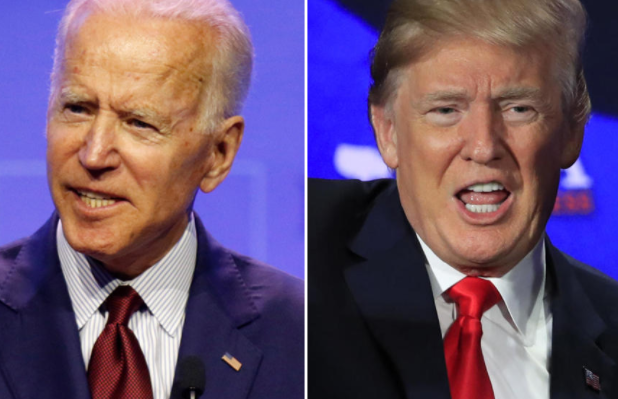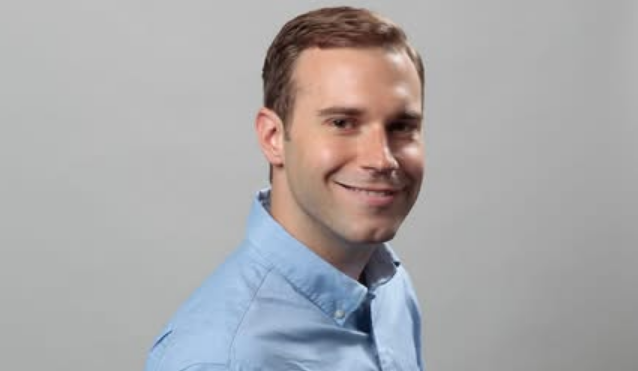In a recent interview, political analyst and author Charles Murray delved into the current state of presidential politics, highlighting what he believes is a shift into a new era. Murray, known for his thought-provoking insights, discussed various aspects of this transition and its implications for the future of American democracy.
One of the key points Murray emphasized was the changing dynamics within political parties. He argued that both the Republican and Democratic parties are witnessing a significant transformation in terms of their core values and voter bases. Traditionally, Republicans have been associated with conservatism, limited government intervention, and free-market principles. However, Murray noted that the rise of populist movements within the party has led to a shift towards a more nationalist and protectionist ideology.
On the other hand, Murray observed that the Democratic Party is undergoing its own transformation. Historically, Democrats have championed progressive policies, social justice, and a larger role for the government in addressing societal issues. However, Murray argued that the party is now experiencing a growing divide between its moderate and progressive wings. This divide is evident in policy debates surrounding issues such as healthcare, climate change, and income inequality.
Murray also discussed the impact of technology and social media on presidential politics. He highlighted how these platforms have revolutionized campaigns, allowing candidates to reach a wider audience and engage with voters directly. However, Murray cautioned that this increased accessibility comes with its own set of challenges. The spread of misinformation and the echo chamber effect, where individuals are only exposed to information that aligns with their existing beliefs, have become significant concerns in the digital age.
Furthermore, Murray touched upon the changing demographics of the American electorate. He noted that the country is becoming more diverse, with minority populations growing at a faster rate than the white population. This demographic shift has implications for both parties, as they must adapt their platforms and messaging to appeal to a broader range of voters.
In light of these changes, Murray argued that the traditional political establishment is facing a significant challenge. The rise of outsider candidates, such as Donald Trump and Bernie Sanders, in recent presidential elections is evidence of a growing disillusionment with the status quo. Murray suggested that this trend reflects a desire for new voices and fresh perspectives in politics.
Looking ahead, Murray expressed cautious optimism about the future of presidential politics. He believed that this shift into a new era presents an opportunity for innovative ideas and policies to emerge. However, he also emphasized the need for a more informed and engaged citizenry to navigate the complexities of modern politics.
In conclusion, Charles Murray’s analysis of presidential politics highlights a shift into a new era characterized by changing party dynamics, technological advancements, demographic shifts, and a desire for political outsiders. As the political landscape continues to evolve, it is crucial for citizens to stay informed and actively participate in shaping the future of American democracy.




